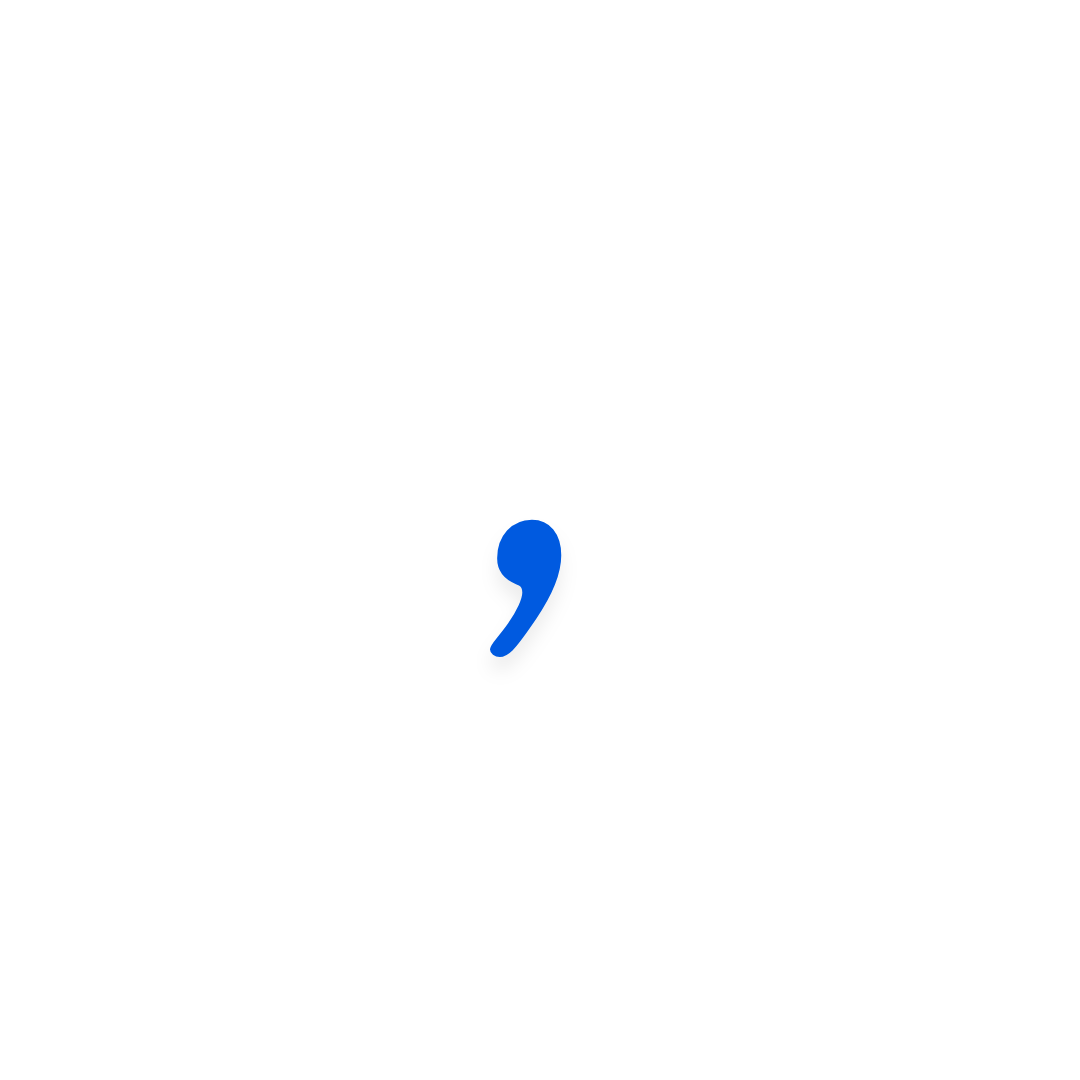Writing as design
In which I try to define clarity in writing.
There’s one word I need to describe this past week: Covid.
Do I really need to say anything more? Last week, I finished up freelance work that was due for the week and then promptly got sick. Everyone in the house was sick. It was a mess. But we're better now.
The good news? I read a TON last week. Excited to tell y’all about some of those books.
First, a quick poll. I want to make this newsletter as useful as possible, so tell me:
Thanks for reading!
Recommended Reads
Support my reading habit and these recommendations by purchasing from bookshop.org. All links in this section are affiliate links.
Ledge by Stacey McEwan
The writing was probably a 7/10, but the world building and the character arcs were pretty great. If you want some (checks notes) spicy 🌶️ human + eagle-man content with life-or-death situations, try this guy. Also, if you like it, it's part of a series.
Monday's Not Coming by Tiffany D. Jackson
TWIST. I did not see the twist coming. This YA novel deals with some tough issues: child abuse, death, and learning disabilities in addition to the main character’s best friend going missing. It's a coming of age story with, like I said, a twist.
Scythe by Neal Shusterman
Another fantasy series, this time for YA. In the not-too-distant future, AI has fixed human illness and injury, leaving humans basically immortal. Outside of the AI's jurisdiction, Scythes bring the only permanent death, and are supposed to be an unbiased, ethical group. Turns out, even Scythes are human.
Editor's Note:
Unfortunately, my Grammar for Business course for The Porch didn't make it last week, but that's okay, because I'm not sure how lucid my covid-addled brain would've allowed me to be.
Since I didn't get to teach that lesson, I figured I would bring some of that advice to you!
"Writing is a design problem" - Venture Hacks
Design is about the user experience: how easily can you get what you need and how does it make you feel? You could say these things are also true about writing.
Editors will often talk about clarity, and while they may define clarity as having to do with wordiness, passive voice, or parallel structure, what they really mean is: How quickly does the reader understand what you’re getting at?
Venture Hacks gives us this: “Example: never use the idiom of ‘the former or the latter.’ It forces the reader to go back and figure out what you’re referring to.”
(I’m not sure that it’s an idiom as much as a phrase, but we’ll let that pass.) This sort of clarity is why editors are sticklers about things like the Oxford comma.
The Oxford (or Serial) comma clarifies what items in a series stick together. The fun book Eats, Shoots & Leaves takes its name from an Oxford comma joke. It’s also the first time my punctuation-correcting, Sharpie-weilding, grammar-loving self felt really seen.
I could go on about the others, but maybe we’ll save those for future weeks. You know I have thoughts! Suffice it to say that good writing reduces reader friction. It speeds the reader up or slows them down according to the complexity of topic or the emotional needs of the piece.
And good writing makes you feel. Good business writing might make you feel confident in your choice of vendor, inform you of innovations, or entice you to make a purchase.
Share a really great piece of writing (any kind!) you’ve read lately in the comments.


